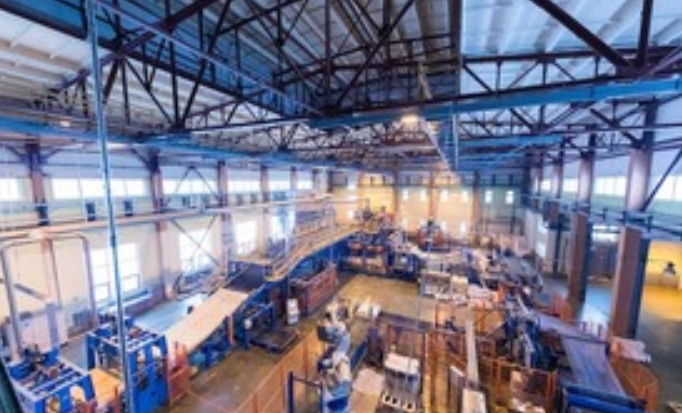Business
Export orders fuel India’s manufacturing growth, jobs in October: HSBC

New Delhi, Nov 4
India’s manufacturing sector growth accelerated in October, fuelled by faster increases in total new orders and international sales, leading to the creation of more jobs during the month, according to the HSBC data released on Monday.
The seasonally adjusted HSBC India Manufacturing Purchasing Managers’ Index (PMI) compiled by S&P Global, rose from September's eight-month low of 56.5 to 57.5 in October, indicating a substantial and accelerated improvement in operating conditions.
The upturn in performance was boosted by stronger demand for Indian goods. Companies noted a quicker increase in order book volumes that was stronger than the average seen in nearly 20 years of data collection. Anecdotal evidence suggested that the introduction of new products and successful marketing initiatives helped enhance sales performances, the report states.
New export orders also exhibited stronger growth, following the weakest uptick in a year-and-a-half during September. Panel members reported gains in new contracts from Asia, Europe, Latin America and the US. Production volumes were ramped up to a greater degree in October, fuelled by faster increases in the consumer and investment goods categories.
Monitored firms highlighted freight, labour and materials as the key sources of price pressures. Not only did manufacturers hire extra staff at the start of the third fiscal quarter, but also to a greater degree than in September. Around one-in-ten panellists reported an increase in employment, while 1% shed jobs.
When explaining the latest upturn in output, companies remarked on demand buoyancy, positive sales pipelines and favourable market conditions. October data signalled stronger inflationary pressures across India's manufacturing sector.
“An associated rise in production requirements boosted demand for raw materials, with suppliers comfortably able to deliver inputs in a timely manner. Goods producers were also more willing to take on additional staff which, coupled with rising material costs, added to business expenses,” the report stated.
Input price inflation quickened to a three-month high, though remained below its long-run trend. Meanwhile, output prices increased at a solid rate that outpaced the series trend.
The latest results highlighted a further increase in quantities of purchases at manufacturers, which suppliers were comfortably able to accommodate. Ongoing improvements in demand and expectations of further growth in the year ahead spurred growth of buying levels. Meanwhile, input delivery times shortened for the eighth consecutive month in October, albeit only slightly as the vast majority of panelists reported no change in vendor performance. An increased appetite for safety stocks, supported by shorter lead times, was reflected in another substantial rise in preproduction inventories.
October's accumulation was one of the most marked in close to 20 years of data collection. The trend for stocks of finished goods continued to diverge from that of inputs, as firms again utilised inventories to fulfil sales needs. Indian manufacturers became more optimistic regarding future output volumes, said the HSBC report.



































